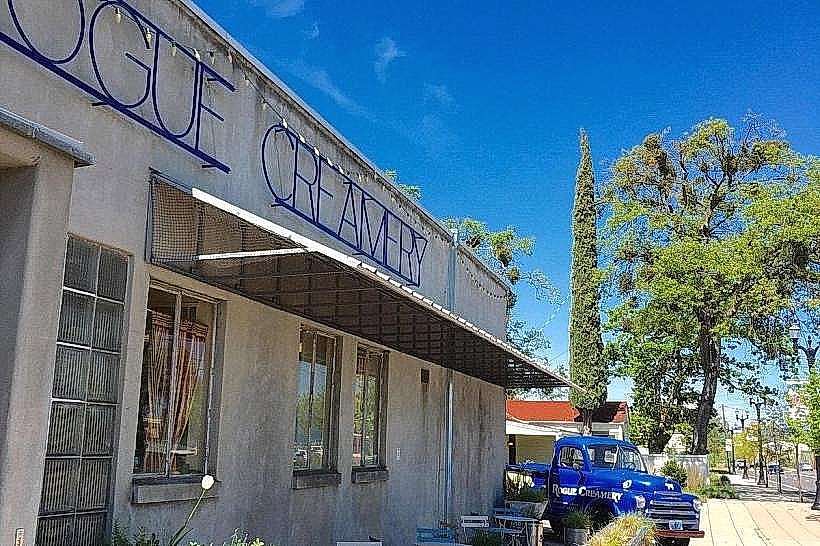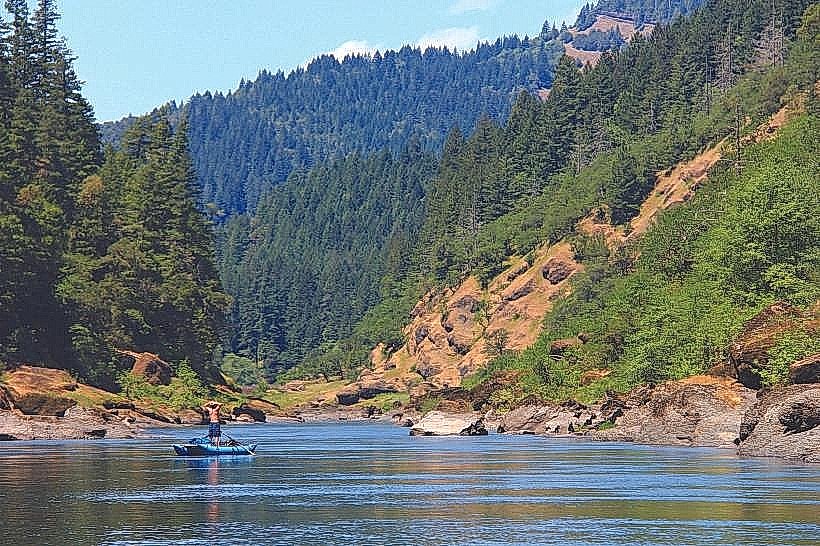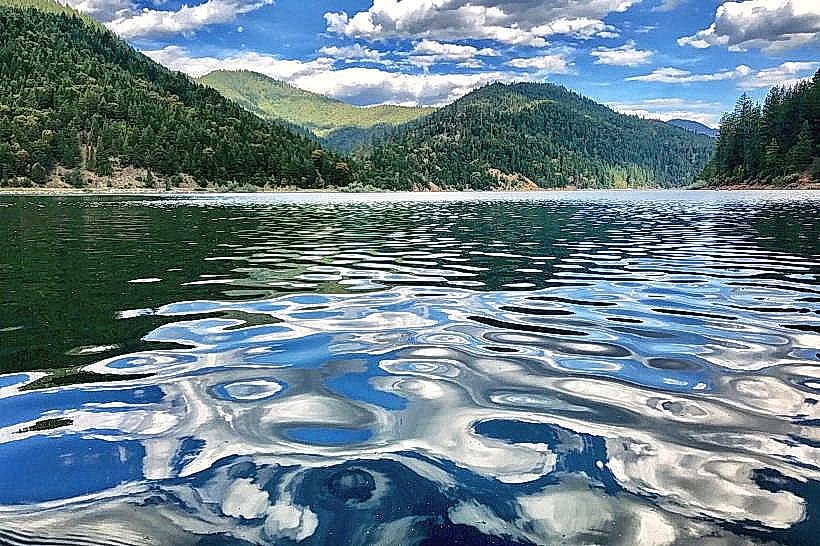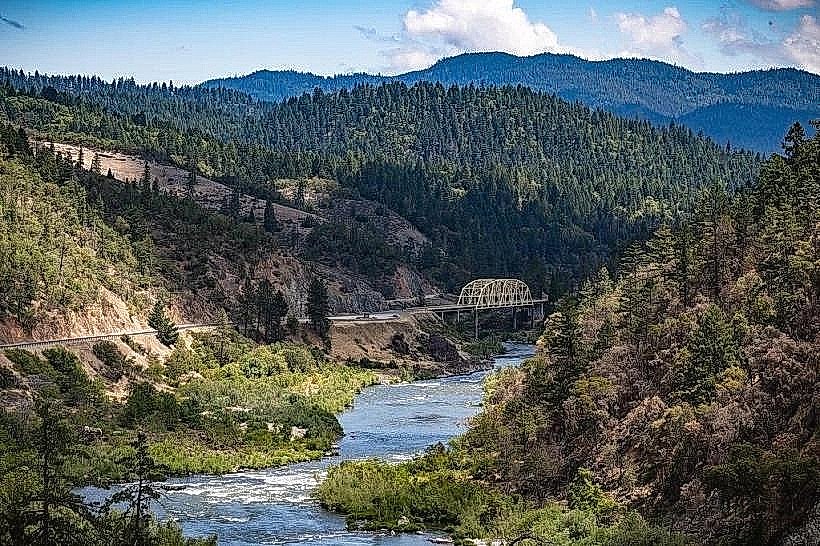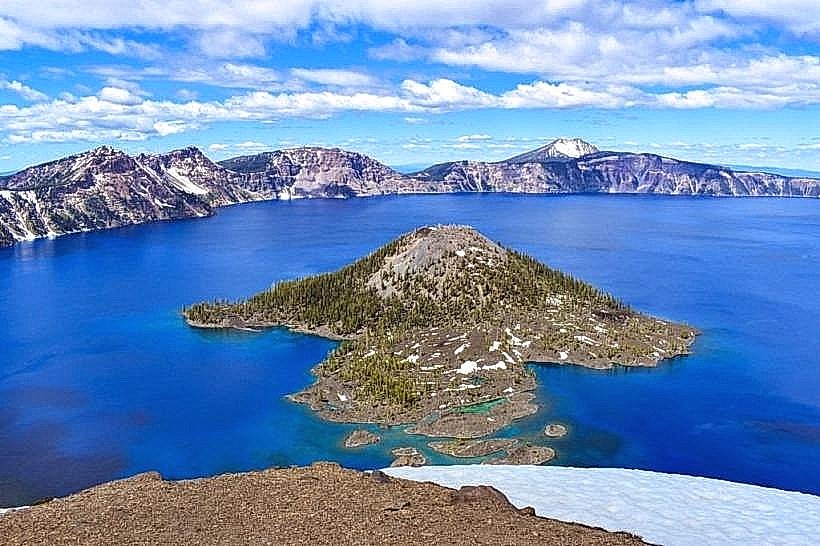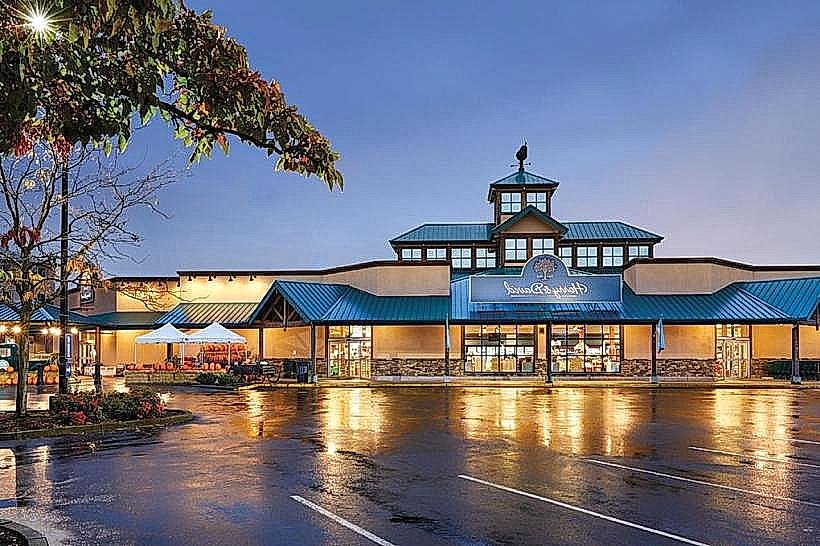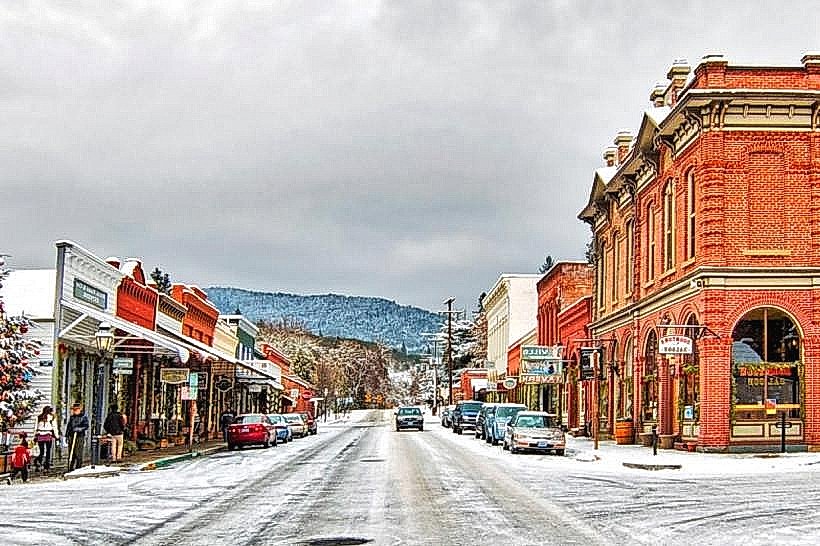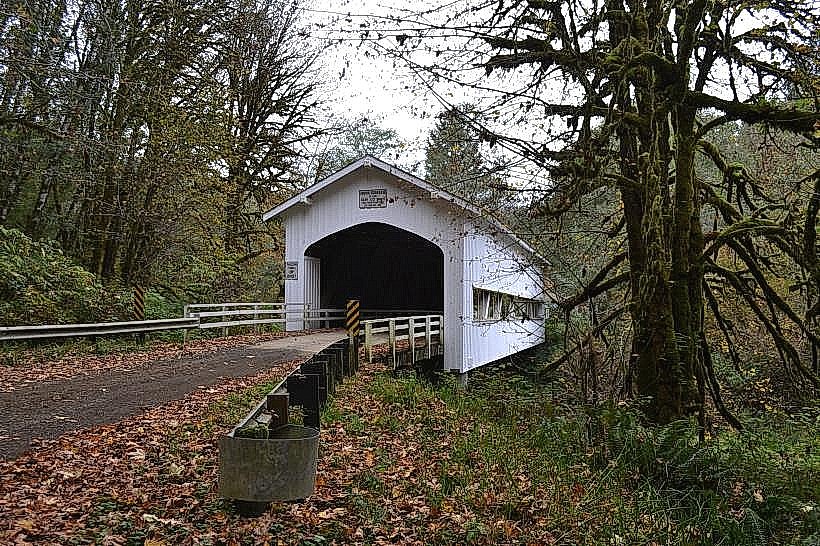Information
Landmark: Upper and Lower Table RockCity: Medford
Country: USA Oregon
Continent: North America
Upper and Lower Table Rock, Medford, USA Oregon, North America
Overview
In Jackson County near Medford, Oregon, Upper and Lower Table Rock rise like massive volcanic mesas from the flat Rogue Valley floor, their cliffs catching the afternoon sun, moreover these landmarks stand out across the region-flat-topped silhouettes against the sky, offering sweeping views, sheltering rare plants and wildlife, and holding deep meaning for the Native American tribes who once called this land home.Together, they create a dramatic landmark that rises sharply against the sky just west of Medford, as a result upper and Lower Table Rock took shape when basaltic lava poured across the land about 7 to 8 million years ago, during the Miocene epoch, cooling into the dim, solid rock we witness today.Mesa Structure: Both are volcanic plateaus with flat tops and steep, sheer cliffs, like massive stone tables rising from the land, to boot over millions of years, erosion cut deep into the land, scooping out wide valleys and leaving the tough basalt mesas standing high above the Rogue Valley, their gloomy rock catching the late afternoon sun.Upper Table Rock rises about 2,787 feet above sea level-nearly the height of a cloud-shadowed ridge on a clear afternoon, in addition it’s bigger and rougher than Lower Table Rock, with sheer cliffs dropping away along its edges.Upper Table Rock Trail winds about 2.5 to 3 miles in a loop, climbing roughly 780 feet-enough to leave your legs warm by the time you reach the top, subsequently the trailhead sits on Table Rock Road, just outside the historic little town of White City, where the heritage wooden storefronts still catch the afternoon sun.From here, you can take in sweeping views of the Rogue Valley, Medford, and the distant Siskiyou Mountains, then wander among basalt outcrops, wildflowers, and the quiet stir of deer in the brush, in turn lower Table Rock rises about 2,200 feet-roughly the height of a compact mountain-above sea level.Accessibility: The trail’s a bit easier than Upper Table Rock, with a few stretches where the slope softens and the ground feels steady underfoot, as a result lower Table Rock Trail runs about three miles round trip, climbing steadily to sweeping cliff edges where you can feel the wind and take in wide-open views.From here, you can take in wide, open views of the valley, spot the rooftops of Medford, and watch the blue-gray mountains fading on the horizon, in conjunction with both mesas shelter rare ecosystems-oak savannas with twisting branches, native grasslands, chaparral, and pockets of mixed shrubs.This venue shelters rare, one-of-a-kind plants, a few clinging to survival in the last scraps of their shrinking habitat, equally important deer, black-tailed rabbits, hawks, eagles, and a variety of smaller birds roam the area, and you’ll often spot raptors gliding low over the cliff’s sharp, sunlit edge.From what I can see, The mesas hold deep cultural and historical meaning for the Takelma and Shasta tribes, who once came here each season to hunt deer, gather berries, and hold sacred ceremonies, in turn archaeologists have found signs of prehistoric life here-stone tools worn smooth at the edges and heaps of ancient shells marking vintage midden sites.Both mesas remain protected as public lands, where hikers trace dusty trails while the area’s history and fragile ecosystems are carefully safeguarded, as well as hiking: The trails are well-kept, offering routes that range from steady climbs to steep, leg-burning ascents-perfect for a full day on the mountain.Photography lovers will find plenty to capture here-sheer cliffs catching the late sun, valleys stretching into the haze, and bursts of wildflowers that sway in the breeze make both mesas prime spots for a shot, also out on the mesas, wide skies and sharp cliff edges draw raptors overhead and other wildlife to the rocks.Not surprisingly, Interpretive signs share stories about the land’s geology, its living ecosystems, and its history-like how the river carved the sandstone cliffs, furthermore in spring, the hills burst with wildflowers, the air stays mild, and the fields glow a fresh, deep green.Summer brings warm, shining days, so it’s best to hit the trail early or wait until late afternoon, when the sun’s edge softens, after that in fall, the air turns crisp and the valleys blaze with gold and red, making the views unforgettable.In winter, trails can turn slick with mud, and a thin layer of frost or fresh snow might make each step a little trickier, after that trailheads are easy to reach by local roads west of Medford, and you’ll find parking at both Upper and Lower Table Rock, where the gravel crunches under your shoes, almost Upper Table Rock packs more of a punch than Lower Table Rock, with a steeper climb that makes your calves burn by halfway up, as well as many parts of the trail lie open under the sun, so wear sturdy shoes, bring sunscreen, and carry plenty of water.In Medford, you’ll find places to stay, plenty of dining spots, and easy ways to get around-everything from cozy inns to quick taxi rides, in turn in Rogue Valley Wine Country, vineyards spill down the hillsides, and tasting rooms dot the valley floor like warm lanterns at dusk.As far as I can tell, Rogue River offers whitewater rafting that churns with spray, quiet spots for fishing, and plenty of chances to watch eagles glide overhead, on top of that the Jacksonville Historic District sits just minutes away, a charming classical town filled with cultural gems and weathered brick buildings that tell its story.In Southern Oregon, Upper and Lower Table Rock rise sharply from the valley floor, standing as both stunning geological formations and treasured cultural landmarks, alternatively with flat-topped volcanic cliffs, sweeping views, rare wildlife, and deep Native American roots, they draw hikers, photographers, and anyone eager to experience the Rogue Valley’s wild beauty and layered history.
Author: Tourist Landmarks
Date: 2025-09-08

